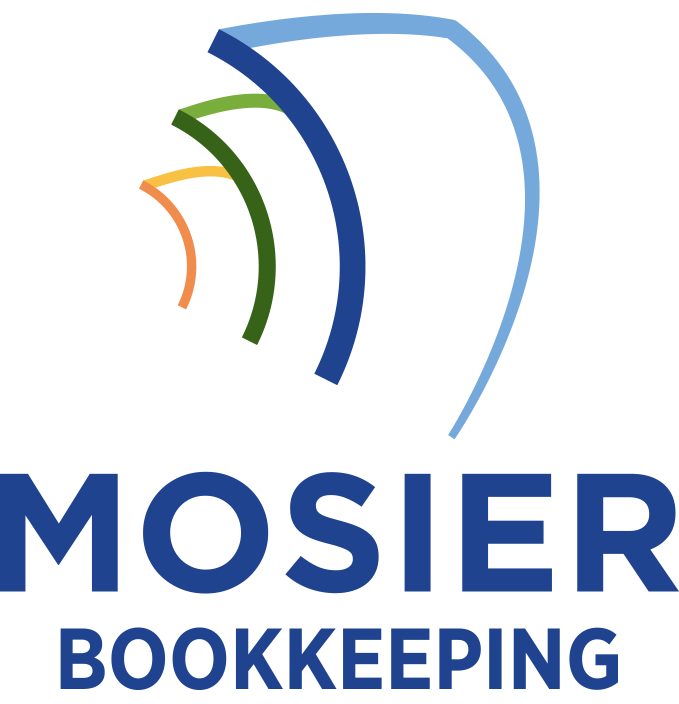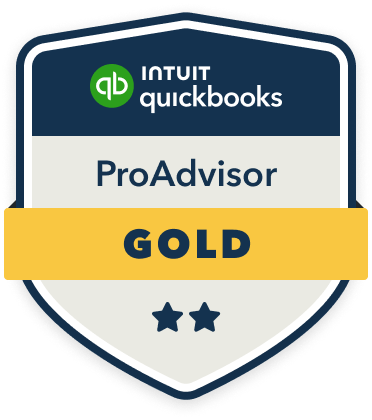To handle bookkeeping for mentorship programs, I recommend setting up dedicated cost centers with distinct account codes for tracking program expenses, time investments, and resource allocation. You’ll need specialized software to monitor mentor-mentee activities, document tax-deductible elements, and measure ROI through key metrics like retention rates and productivity gains. I’ve found that cloud-based expense management tools with automated categorization can reduce manual data entry by 80%. The following exhaustive framework will transform your mentorship program’s financial management.
Setting Up Dedicated Cost Centers for Mentorship Activities

Three essential steps are needed to establish dedicated cost centers for tracking mentorship program expenses. First, I’ll create distinct account codes for mentorship-related activities, including training materials, mentor compensation, and program administration. Next, I’ll implement sub-ledgers to track individual mentor-mentee pair expenses, enabling granular cost analysis and ROI measurement. Finally, I’ll establish overhead allocation methods to properly distribute shared resources like facility usage and support staff time.
This structure allows me to monitor program efficiency, make data-driven decisions, and demonstrate the financial impact of mentorship initiatives to stakeholders and board members.
Tracking Time Investment and Resource Allocation
I recommend implementing specialized time tracking software like Toggl or TimeDoctor to accurately measure the hours mentors and mentees spend in program activities. You’ll need to carefully document both direct contact hours and preparation time to calculate the true mentorship cost per employee, which includes the mentor’s time investment, learning materials, and administrative overhead. By precisely tracking these metrics, I can help you determine if your mentorship program is delivering an acceptable return on investment compared to industry benchmarks.
Time Tracking Software Solutions
Selecting appropriate time tracking software becomes imperative when managing the financial aspects of mentorship programs. I recommend robust solutions like Harvest, Toggl, or TimeCamp that offer mentor-mentee activity tracking, real-time reporting, and integration with accounting platforms.
I’ve found that effective software must include customizable categories for different mentorship activities, automated expense allocation, and API connectivity for seamless data transfer. Your system should track billable hours, resource utilization, and ROI metrics. I prioritize platforms that generate detailed analytics on program costs, allowing you to make data-driven decisions about your mentorship investments.
Mentorship Cost Per Employee
While mentorship programs deliver substantial value, calculating the precise cost per employee requires meticulous tracking of both direct and indirect expenses. I’ve found that you’ll need to account for mentor hourly rates, training materials, facility usage, and technology infrastructure costs. I recommend breaking down these expenses into fixed and variable components.
To determine your per-employee investment, I suggest dividing total program costs by the number of mentees. Don’t forget to factor in opportunity costs from reduced productivity during mentoring sessions. Track ROI by measuring improvements in employee performance, retention rates, and skill acquisition against your baseline mentorship spending.
Managing Tax Deductions and Credits

To maximize financial benefits from mentorship programs, businesses must properly document and track eligible tax deductions and credits. I recommend classifying mentorship expenses under employee training and development categories, which often qualify for tax deductions under IRS Section 162.
I’ll help you identify key deductible elements: mentor compensation, training materials, facility costs, and program administration expenses. You’ll need to maintain detailed records of these expenditures, including receipts, contracts, and time logs. For additional tax advantages, explore federal and state workforce development credits, which can offset your program costs through targeted tax incentives.
Measuring ROI of Mentorship Programs
How can businesses effectively quantify the financial impact of their mentorship initiatives? I’ve developed a data-driven framework to calculate mentorship ROI through key performance metrics.
| Metric | Calculation | Impact Score |
|---|---|---|
| Retention Rate | (Retained/Total) x 100 | High |
| Productivity | Output Post/Pre Program | Medium |
| Promotion Speed | Months to Advance | High |
| Cost Savings | Training Cost Reduction | Medium |
| Revenue Growth | Revenue per Mentee | High |
I track these metrics quarterly using automated dashboards, comparing mentored vs. non-mentored employees. This enables precise ROI calculations by monetizing productivity gains, reduced turnover costs, and accelerated skill development. I’ve found that properly structured mentorship programs typically deliver 150-300% ROI within 18 months.
Digital Tools and Software for Mentorship Expense Management

I recommend implementing cloud-based expense tracking software to streamline your mentorship program’s financial management through automated receipt capture, categorization, and real-time reporting. Your business can leverage platforms like Expensify or Zoho Expense to create digital audit trails of mentor-related costs, including training materials, meeting expenses, and program resources. These automated systems integrate with your existing accounting software while providing secure, accessible storage of all mentorship-related financial records in compliance with retention requirements.
Automation and Expense Tracking
Modern mentorship programs benefit from three key digital tools that streamline expense tracking and automate financial management. I’ve identified essential automation capabilities you need to implement:
| Function | Impact |
|---|---|
| Real-time Sync | Instant reconciliation of mentorship expenses |
| Smart Categories | Automatic classification of program costs |
| Receipt Capture | Digital storage of all mentorship receipts |
| Report Generation | Automated financial summaries and analytics |
I recommend integrating these tools with your existing accounting software. You’ll gain precise control over mentor stipends, training materials, and event costs while reducing manual data entry by 80%. This automation framework guarantees compliance and provides actionable financial insights for program optimization.
Cloud-Based Record Management Systems
While traditional filing systems struggle with mentorship program complexity, cloud-based record management systems provide a centralized digital infrastructure for tracking all financial data. I recommend platforms like QuickBooks Enterprise or Xero, which offer specialized modules for managing mentor stipends, training costs, and program-related expenses.
I’ve found these systems excel at generating real-time financial reports, automating mentor payment schedules, and maintaining audit trails. By leveraging cloud technology, I can instantly access encrypted financial records, track multiple mentorship cohorts simultaneously, and generate customized reports that demonstrate ROI. This guarantees compliance while providing stakeholders with actionable financial insights.
Financial Documentation Best Practices for Mentor-Mentee Relationships
Proper documentation serves as the foundation for managing financial aspects of mentor-mentee relationships within business mentorship programs. I’ll show you how to maintain precise records that safeguard both parties and guarantee program compliance.
| Category | Required Documentation | Frequency |
|---|---|---|
| Expenses | Receipts, Invoices | Monthly |
| Time | Activity Logs, Sessions | Weekly |
| Resources | Materials, Tools Used | Per Event |
| Outcomes | Goals Met, ROI Metrics | Quarterly |
I track every mentorship-related transaction through dedicated cost centers, enabling clear visibility into program investments. This approach streamlines tax reporting, validates program effectiveness, and provides data-driven insights for scaling successful mentorship initiatives.









